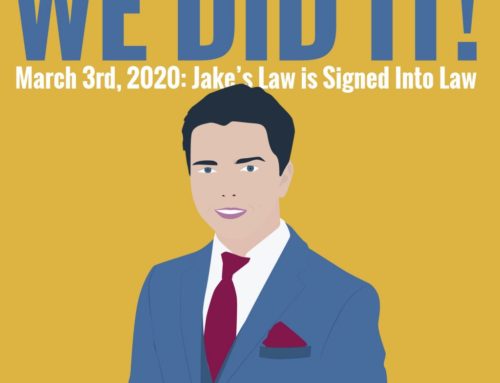The JEM Foundation
480-930-1733
info@thejemfoundation.com
AZ Coalition for Insurance Parity
FOR IMMEDIATE RELEASE
November 21, 2019
Mental Health and Substance Use Access Disparities Increased in Arizona from 2013 to 2017; Inadequate Networks Force Arizonans to Pay Far More Out-of-Network
While suicide rates are rising, it is important to ensure that Arizonans have equal behavioral health care from their insurance provider
Phoenix, AZ , November 20 2019 — In the midst of an opioid epidemic and soaring suicide rates, Arizonans are finding it increasingly difficult to access affordable behavioral healthcare (mental health and substance use disorder treatment) under their private insurance plans. A groundbreaking nationwide study by the actuarial firm Milliman shed light on this disturbing trend over a five-year period beginning in 2013 — which documented widening disparities in access to in-network services for mental health and substance use disorder treatment among 37 million employees and their families.
Milliman’s newest report, released in concert with a coalition of America’s leading mental health and substance use organizations, shows that consumers receive treatment through out-of-network providers at a far greater rate than medical services and access to in-network care has continued to decline since 2013. Through its review of claims data from hundreds of health insurance plans nationwide, the report found that:
- Despite the national opioid and suicide crises, mental health and substance use treatment together accounted for less than 3.5% of total health care reimbursement, with substance use treatment ranging from 0.7 to 1% of that total over the 5 year period.
- Behavioral health access disparities escalated from 2013 to 2017 in all three categories of care examined: outpatient visits, inpatient facilities and outpatient facilities. Disparities nearly doubled for inpatient and outpatient facilities, rising from almost 3 to nearly 6 times more likely, when compared to medical/surgical facility use.
- Children were 10 times more likely to receive outpatient mental health care out of network compared to primary care visits, twice the disparity faced by adults.
The Report also documented a substantially lower reimbursement rate for behavioral health office visits compared to primary care reimbursement for similar billing codes, based upon Medicare payment levels. While provider shortages have been addressed on the medical side through higher reimbursement, health insurers continue to pay behavioral health providers less than Medicare allowable rates.
Key findings in AZ, include:
- For inpatient mental health and addiction care, Arizonans went out-of-network 25% of the time in 2017, or more than 10 times more often than they went out-of-network for medical/surgical inpatient care. This disparity more than doubled since 2014 and is far above the national average.
- For outpatient mental health and addiction care in facilities, Arizonans went out-of-network 39% of the time, or more than 6.7 times more often than outpatient medical/surgical care in facilities. The disparity was significantly higher than the national average.
- Arizonans went out-of-network over three times more often for mental health and addiction care office visits than they did for primary care office visits.
- Arizona mental health and addiction providers were also paid nearly 10% less for the same office visit services compared to other medical specialists.
- Affordable and timely access to care is two crucial issues that can be life-threatening in Mental Health or Substance Use crisis. Insured individuals required to use “Out-of-Network” care pay more, and it takes longer to find care, than when there are available In-Network Providers.
Over 10 years after its enactment, Arizonans have yet to fully realize the promise and potential of the federal mental health parity law. Arizonans deserve to know why, despite the protections in the federal law, there continues to be a growing disparity in this state and across the nation in access to in-network services for mental health care. That’s why we are asking the Arizona legislature to implement a mental health parity transparency and accountability law so that we can find and correct parity violations so that no Arizonan is wrongly denied access to appropriate mental health care.
The JEM Foundation: The JEM Foundation was founded in memory of Jacob Edward Machovsky who was lost to suicide on January 11, 2016. We exist to honor him by helping others.
Our mission is to prevent suicide, support positive changes to mental health care, provide individual and family support, and remove the stigma that surrounds mental illness.
The AZ Coalition for insurance parity was founded to enact a state parity law in AZ. The Coalition’s mission is to ensure all residents of Arizona are able to access appropriate physical, mental health, and substance use disorder treatment through their insurance coverage. The coalition is made up of several organizations like the AZ Psychiatric Society, JEM, Mental Health America of AZ, MIKID, The AZ Council of Human Service Providers, and other community members and organizations.
To learn more and download the full report visit: http://www.milliman.com/mmi/
To learn more about parity visit our parity page at https://thejemfoundation.com/insurance-parity/





Leave A Comment